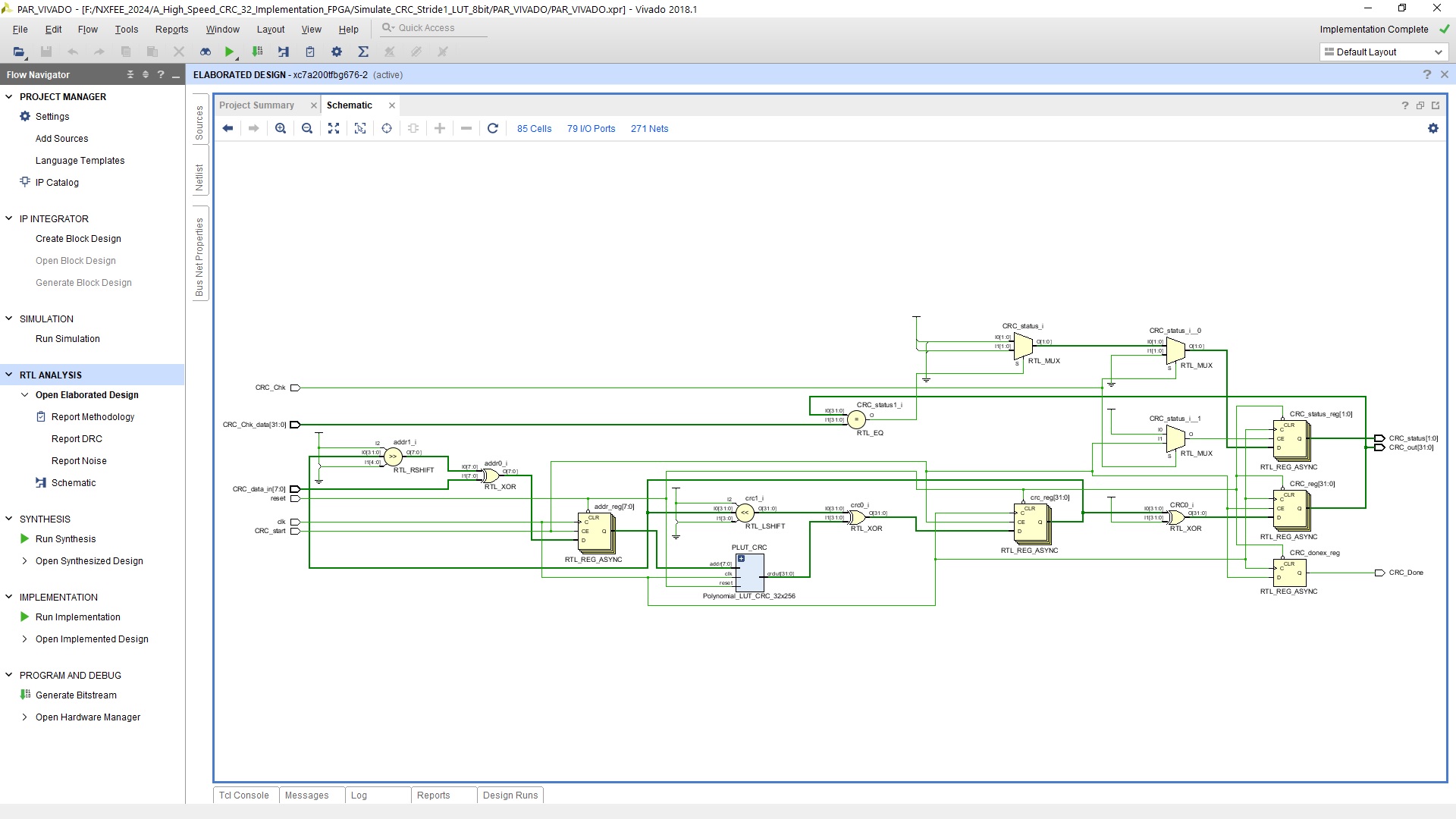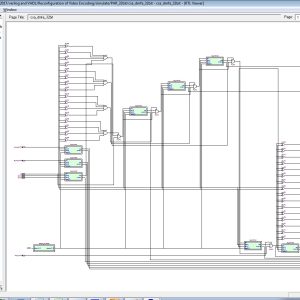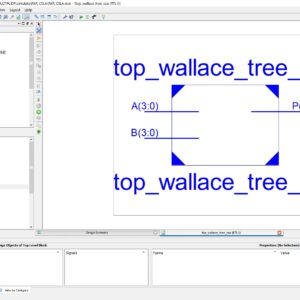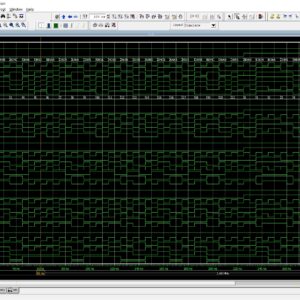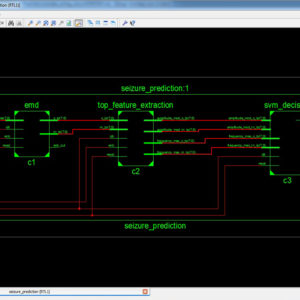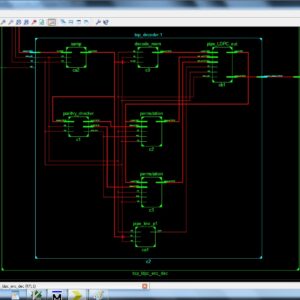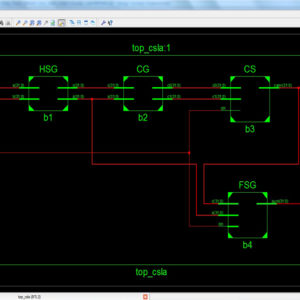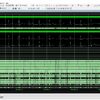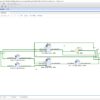Proposed Title:
Optimizing CRC Processing of Stride-x architecture with 8-Input LUT for Enhanced Speed and Resource Efficiency
Improvement of this project :
Increases the speed of CRC computations by leveraging stride parallel processing capabilities of the 8-input LUT architecture.
To developed Stride 1, Stride 2, Stride 4, Stride 8, Stride 16 and Stride 32, using CRC-32 polynomials and minimize the logic resources and power consumption required for CRC computation on FPGA.
Software Implementation:
- Modelsim
- Xilinx Vivado
Proposed System:
Cyclic Redundancy Check (CRC) is a widely used error-detecting code that ensures the integrity of data in communication systems and storage devices. This paper presents a novel implementation of an 8-input Look-Up Table (LUT) architecture for efficient CRC computation with stride lengths varying from 1 to 32. By leveraging the LUT-based approach, the proposed design aims to optimize both speed and resource utilization in FPGA. The traditional CRC computation methods often involve sequential bitwise processing, which can be time-consuming and resource-intensive. In contrast, the proposed 8-input LUT architecture allows for parallel processing of multiple bytes, significantly accelerating the CRC computation. This paper explores the design and implementation of the LUT architecture, detailing the generation of precomputed CRC values for different polynomials, including CRC-32, CRC-64, CRC-128, CRC-256, and CRC-512. For each stride length—Stride 1 (8 bits), Stride 2 (16 bits), Stride 4 (32 bits), Stride 8 (64 bits), Stride 16 (128 bits), and Stride 32 (256 bits)—the architecture efficiently maps input data to corresponding CRC values using the precomputed LUTs. The performance of the 8-input LUT architecture is evaluated in terms of logic utilization, computation speed, and power consumption. Experimental results demonstrate that the proposed design achieves significant improvements in processing speed and resource efficiency compared to traditional CRC computation methods. The scalability of the architecture with different stride lengths offers flexibility in balancing throughput and hardware complexity, making it an ideal solution for high-speed data transmission and storage applications. This research contributes to the field of digital design by providing a robust and scalable approach to CRC computation, paving the way for more efficient error-detection mechanisms in modern communication systems.
” Thanks for Visit this project Pages – Buy It Soon “
A High Speed CRC-32 Implementation on FPGA
Terms & Conditions:
- Customer are advice to watch the project video file output, before the payment to test the requirement, correction will be applicable.
- After payment, if any correction in the Project is accepted, but requirement changes is applicable with updated charges based upon the requirement.
- After payment the student having doubts, correction, software error, hardware errors, coding doubts are accepted.
- Online support will not be given more than 3 times.
- On first time explanations we can provide completely with video file support, other 2 we can provide doubt clarifications only.
- If any Issue on Software license / System Error we can support and rectify that within end of the day.
- Extra Charges For duplicate bill copy. Bill must be paid in full, No part payment will be accepted.
- After payment, to must send the payment receipt to our email id.
- Powered by NXFEE INNOVATION, Pondicherry.
Payment Method :
- Pay Add to Cart Method on this Page
- Deposit Cash/Cheque on our a/c.
- Pay Google Pay/Phone Pay : +91 9789443203
- Send Cheque through courier
- Visit our office directly
- Pay using Paypal : Click here to get NXFEE-PayPal link
Bank Accounts
HDFC BANK ACCOUNT:
- NXFEE INNOVATION,
HDFC BANK, MAIN BRANCH, PONDICHERRY-605004.
INDIA,
ACC NO. 50200090465140,
IFSC CODE: HDFC0000407.

